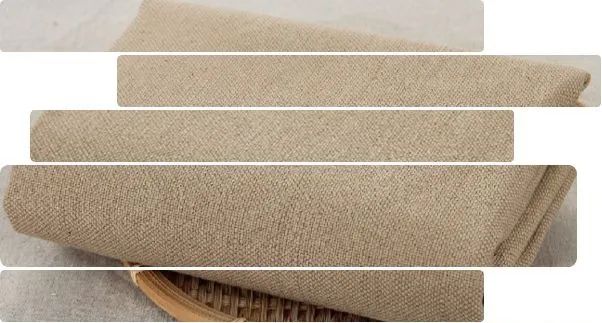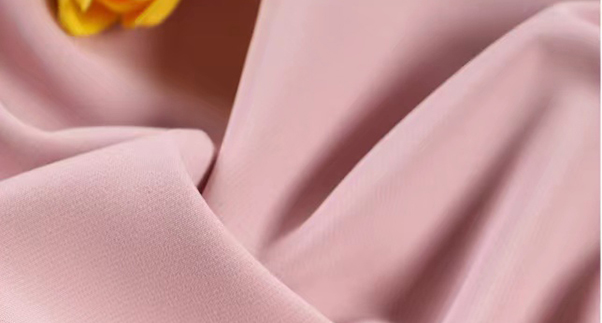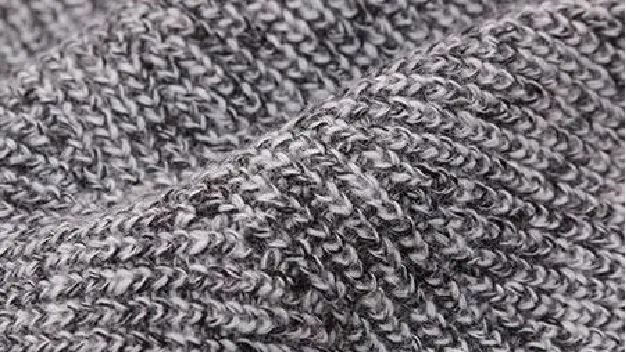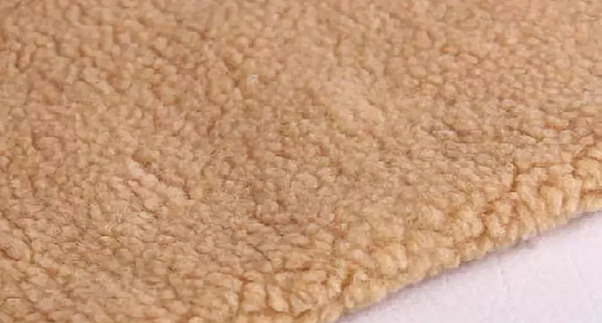1.COTTON,LINEN
1. It has good alkali resistance and heat resistance, and can be used with various detergents, hand washable and machine washable, but not suitable for chlorine bleaching;
2. White clothes can be washed at high temperature with a strong alkaline detergent to have a bleaching effect;
3. Do not soak, wash in time;
4. It is advisable to dry in the shade and avoid exposure to the sun to prevent dark-colored clothes from fading. When drying in the sun, turn the inside out;
5. Wash separately from other clothes;
6. The soaking time should not be too long to avoid fading;
7. Do not wring it dry.
8. Avoid long-term exposure to the sun to avoid reducing the fastness and causing fading and yellowing;
9. Wash and dry, separate dark and light colors;

2.WORSTED WOOL
1. Hand wash or choose wool washing program: Since wool is a relatively delicate fiber, it is best to hand wash or use a specially designed wool washing program. Avoid strong washing programs and high-speed agitation, which may damage the fiber structure.
2.Use cold water:Using cold water is the best choice when washing wool. Cold water helps prevent wool fibers from shrinking and the sweater from losing its shape.
3. Choose mild detergent: Use specially designed wool detergent or mild non-alkaline detergent. Avoid using bleach and strong alkaline detergents, which can damage wool's natural fibers.
4. Avoid soaking for too long: Do not let wool products soak in water for too long to prevent color penetration and fiber deformation.
5. Gently press the water: After washing, gently press the excess water with a towel, then lay the wool product flat on a clean towel and let it air dry naturally.
6. Avoid exposure to the sun: Try to avoid exposing wool products directly to the sun, as the sun’s ultraviolet rays may cause color fading and fiber damage.

1. Choose a gentle washing program and avoid using strong washing programs.
2. Use cold water: Washing in cold water helps prevent fabric shrinkage and color fading.
3. Choose neutral detergent: Use neutral detergent and avoid using highly alkaline or detergents containing bleaching ingredients to avoid damage to blended fabrics.
4. Stir gently: Avoid vigorous stirring or excessive kneading to reduce the risk of fiber wear and deformation.
5. Wash separately: It is best to wash blended fabrics separately from other clothing of similar colors to prevent staining.
6. Iron with care: If ironing is necessary, use low heat and place a damp cloth inside the fabric to prevent direct contact with the iron.

4.KNITTED FABRIC
1. Clothes on the clothes drying rack should be folded to dry to avoid sunlight exposure.
2. Avoid snagging on sharp objects, and do not twist it with force to avoid enlarging the thread and affecting the wearing quality.
3. Pay attention to ventilation and avoid moisture in the fabric to avoid mold and spots on the fabric.
4. When the white sweater gradually turns yellow and black after being worn for a long time, if you wash the sweater and put it in the refrigerator for an hour, then take it out to dry, it will be as white as new.
5. Be sure to hand wash in cold water and try to use neutral detergent.

5.POLAR FLEECE
1. Cashmere and wool coats are not resistant to alkali. Neutral detergent should be used, preferably wool-specific detergent.
2. Wash by squeezing, avoid twisting, squeezing to remove water, spread flat in the shade or hang in half to dry in the shade, do not expose to the sun.
3. Soak in cold water for a short time, and the washing temperature should not exceed 40°C.
4. Do not use a pulsator washing machine or a washboard for machine washing. It is recommended to use a drum washing machine and choose the gentle cycle.

We are very professional in fabrics, especially polyester rayon blended fabrics, worsted wool fabrics, polyester-cotton fabrics, etc. If you want to know more about fabrics, please feel free to contact us!
Post time: Jan-26-2024
